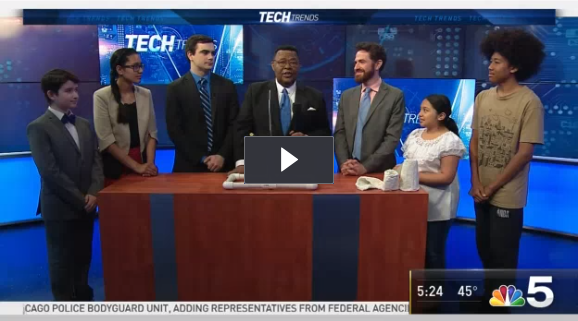The Wall Street Journal recently ran an article on “plant hackers,” biotechnology hobbyists who tinker with genetics in pursuit of blue roses, fragrant moss and luminescent plants (http://www.wsj.com/articles/instead-of-computer-code-plant-hackers-tinker-with-genetics-1453254509).
Much like do-it-yourself makers creating all manner of IoT enabled devices, plant hackers are combining their curiosity with a can-do attitude and taking advantage of readily available and relatively inexpensive technology to conduct their own genetic experiments. You can bet the government and regulatory agencies will eventually step in, but for now it’s as if the combination of maker culture, ubiquitous technology and free information online has spawned a nascent army of Gregor Mendels.
Big corporations should take note. Much like Google and Tesla are using technology to challenge the auto industry, the expansion of bioengineering will soon challenge the agriculture and food production industries. While multinationals Dow and DuPont have announced plans to merge in a bid to cut costs and drive efficiency, and Monsanto seeks similar advantages in acquiring Syngenta, those high stakes, high dollar deals are relatively short-term plays aimed at protecting existing businesses.
Agricultural companies, food processors and food manufacturers should not lose sight of the longer term opportunities presented by the groundswell of home-grown genetic hobbyists. A great way to do that is to invest in so-called open innovation, inviting appropriately selected external partners into their organization to help achieve strategic objectives. Whether through internally-run programs or external entities like the Innovators Connection (http://www.chicagoinnovationawards.com/innovators-connection/), larger organizations will benefit from maintaining an awareness of rapidly evolving marketplaces and will gain a significant competitive advantage by viewing startups and their collaborative ecosystems as partners.






